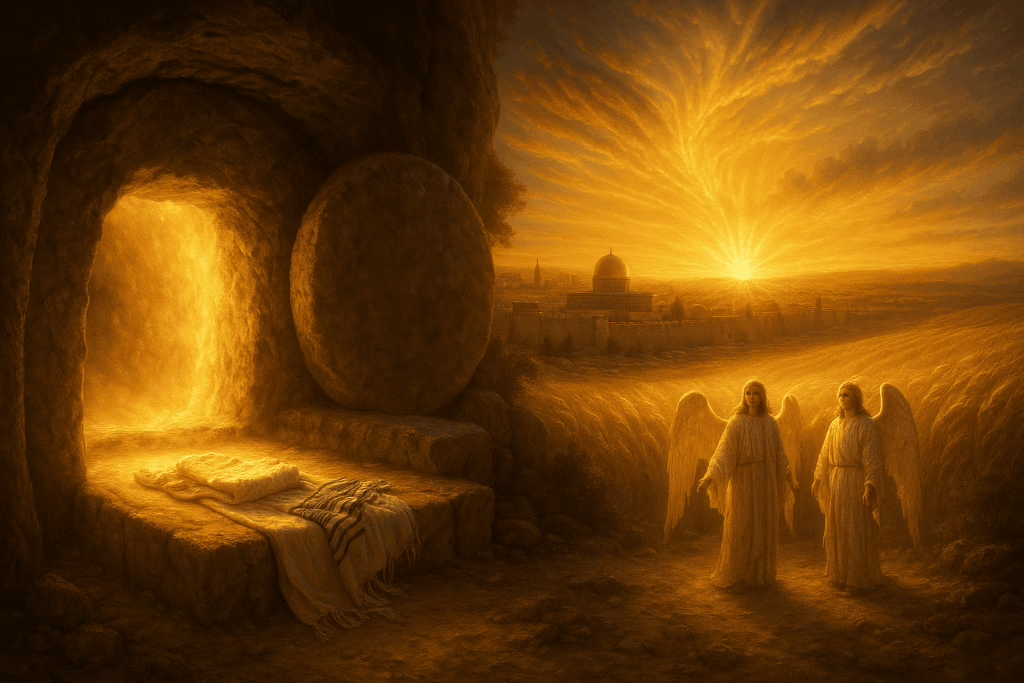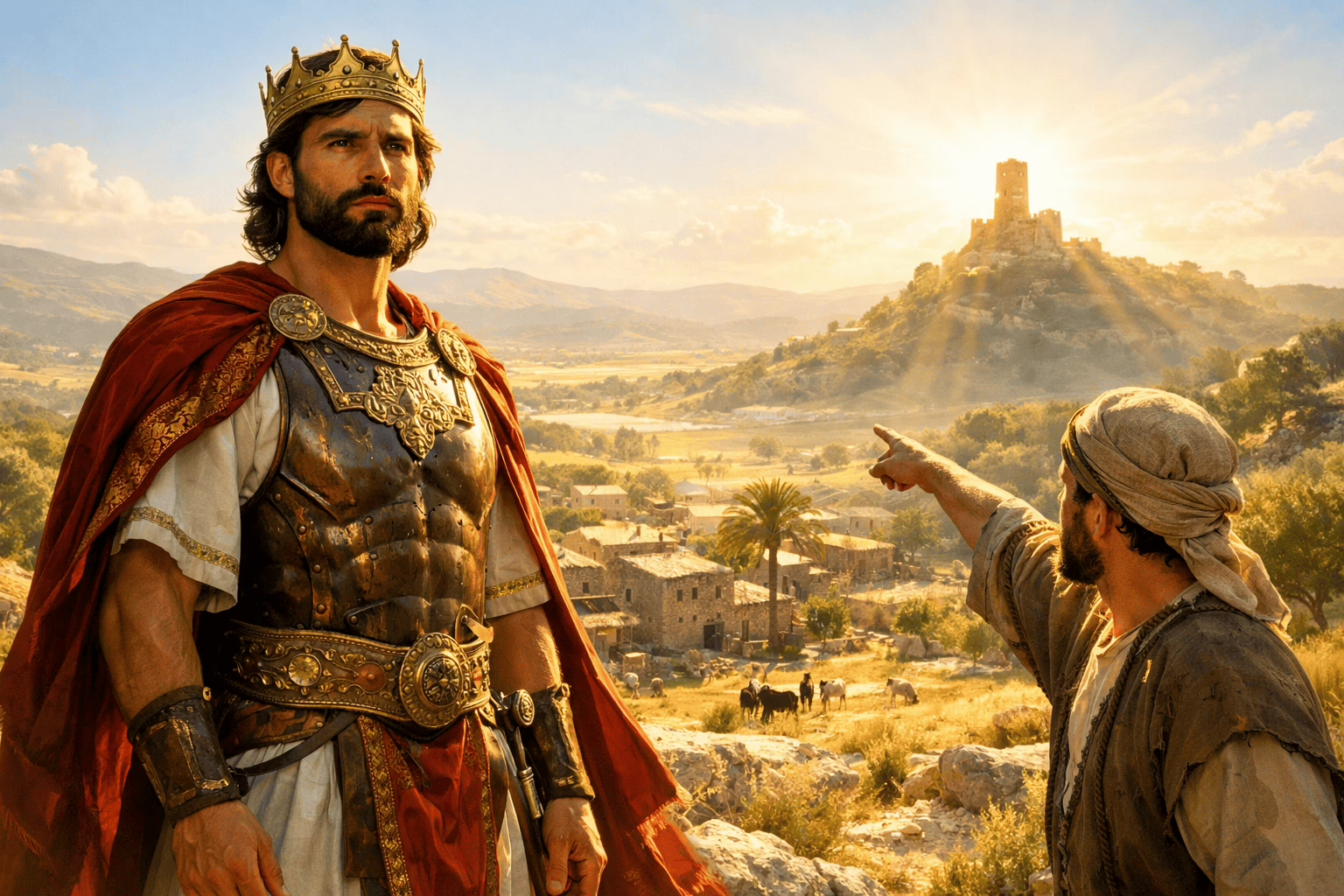The True Meaning of Firstfruits
The resurrection of Yeshua (Jesus Christ) is the most important event in human history. Yet many believers do not fully grasp the biblical depth of this fact and what it means for their faith. In this article, we will explore the Hebrew background of the resurrection, its connection to the biblical feasts, and its transforming power in the lives of those who believe.
The Resurrection in Its Biblical Context
The apostle Paul, in 1 Corinthians 15, calls Yeshua “the firstfruits of those who have fallen asleep.” This expression is directly linked to the Feast of Firstfruits (Reshit), described in Leviticus 23, which takes place during the Feast of Unleavened Bread.
The first day of this feast is considered a special “Shabbat,” even if it does not fall on a Saturday. On the following day, the people offered the first sheaf of the harvest as a sign of victory and as a prayer that the rest of the harvest would be like the first.
In the same way, Yeshua rose on that day of Firstfruits. His resurrection is the guarantee that all who believe in Him will share in that same new life. We do not become divine, but we are conformed to His character, His purpose, and His obedience to God.
When Did the First Day of the Week Begin?
In biblical thought, days begin at sundown, as described in Genesis 1: “And there was evening and there was morning—the first day.”
Therefore, Sunday (the first day of the week) does not begin at sunrise but at the close of Shabbat, when Saturday evening turns into night. The resurrection of Yeshua occurred in this biblical timeframe, showing that it was a God-appointed time and not a random event.
The Testimony of the Empty Tomb
In Luke 24, the women who had prepared spices went to the tomb very early in the morning. There they found the stone rolled away and the tomb empty. Two angels told them: “Why do you seek the living among the dead? He is not here; He has been raised.”
This grammatical detail is crucial: the text does not say “He rose” but rather “He has been raised.” This shows that it was God the Father who raised Yeshua from the dead, thereby confirming His redemptive work on the cross.
The Victory of the Resurrection
The resurrection is the ultimate sign of victory. During the Feast of Firstfruits, the priests would wave the offering as a symbol of triumph, and in the same way, the empty tomb proclaims eternal victory over sin and death.
Believing in the resurrection is not optional: it is the very foundation of Christian faith. As Romans 10:9 teaches, to be saved we must confess that Yeshua is Lord and believe in our heart that God raised Him from the dead. Rejecting the resurrection means rejecting the hope of the Kingdom and the promise of eternal life.
Peter and the Confirmation of Faith
The gospel tells us that Peter ran to the tomb and found the burial linens folded, including Yeshua’s tallit (prayer shawl), carefully set apart. This detail reveals respect and purpose: nothing was confused or stolen—it was a divine act confirming the resurrection.
Conclusion: Living in the Power of Firstfruits
The resurrection of Yeshua is far more than a historical event: it is the foundation of our faith and the guarantee of our transformation. Just as He is the firstfruits, believers are the harvest that follows the same pattern of victory and eternal life.
To accept the resurrection is to embrace the hope of the Kingdom, to live in obedience, and to join in God’s mission.
Discover more teachings on our channel:




